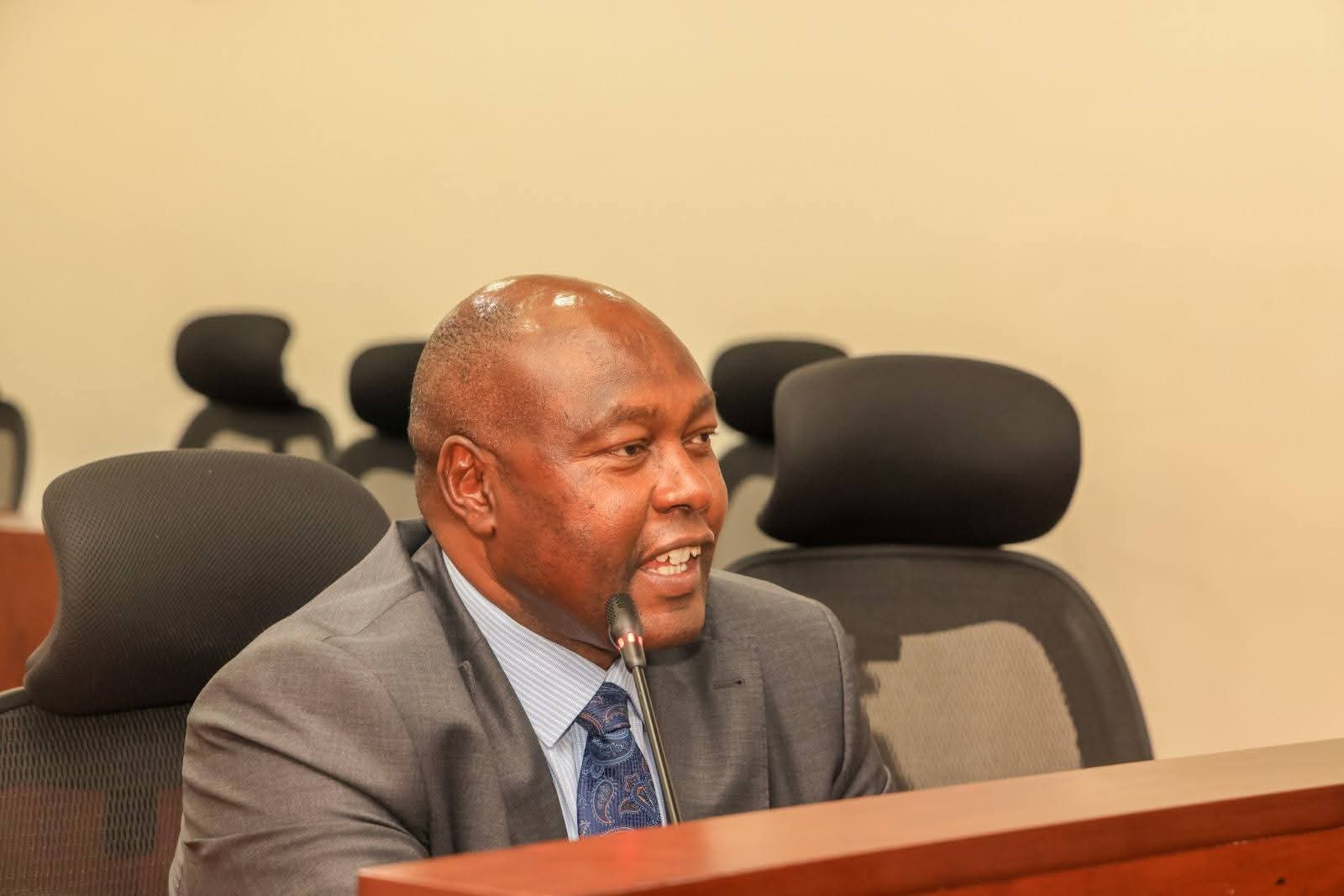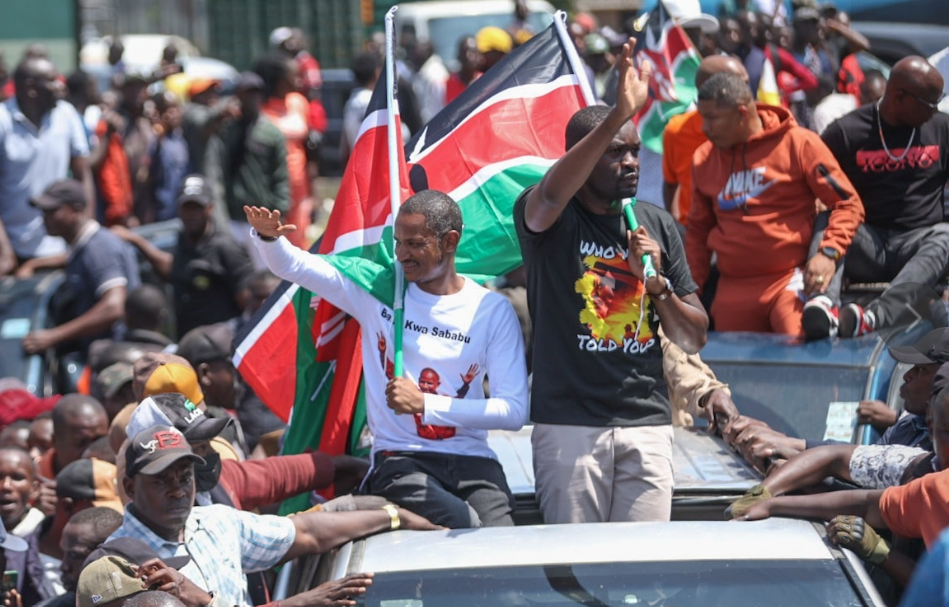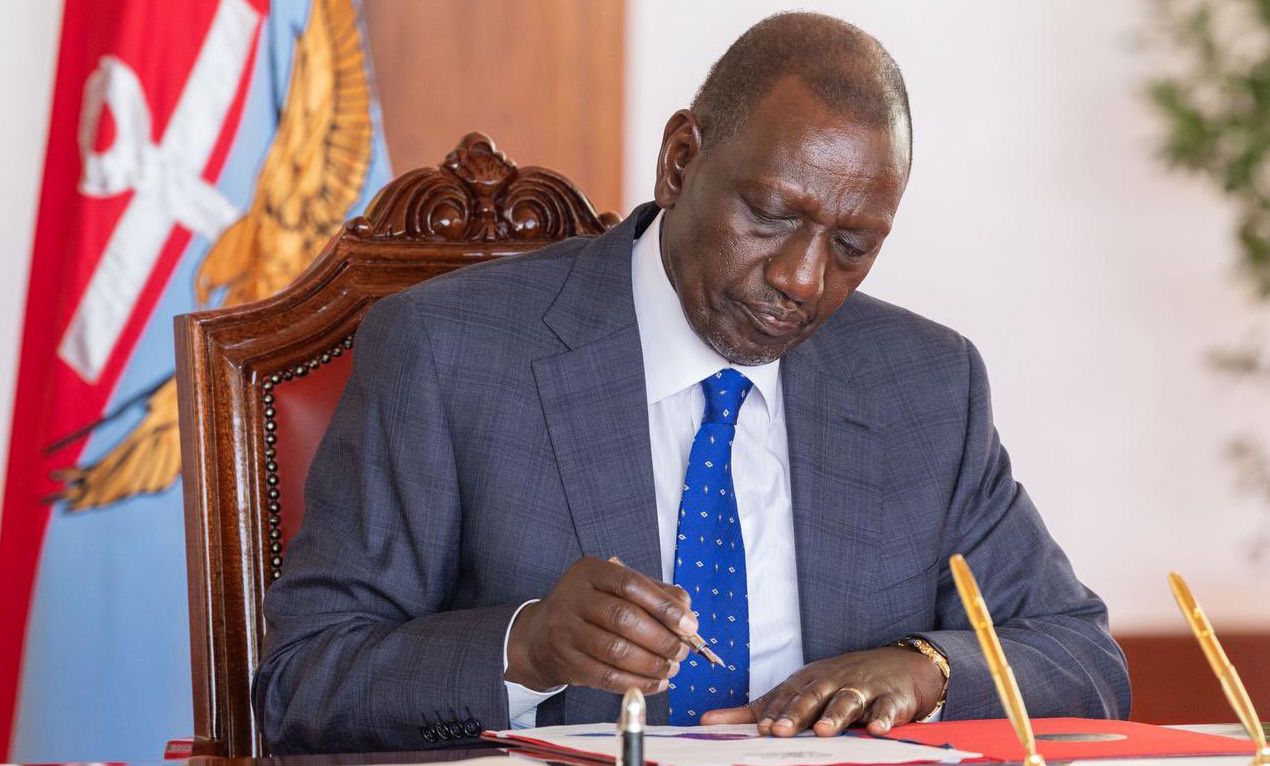Mumias East MP Peter Salasya has opposed the proposal by Central Organization of Trade Unions (COTU) Secretary General Francis Atwoli to regulate social media.
In a statement on Friday, May 2, Salasya warned that such a move threatens the country’s democratic principles, arguing that it would undermine constitutional freedoms and the voice of the youth.
"Atwoli’s agenda is trying to push to regulate social media like China threatens our democracy. It violates Articles 33 and 34 of our constitution, risks government abuse, & silences the youth (75% of us)," he said.
Salasya highlighted the critical role that social media plays in enhancing government accountability, citing the failed 2024 Finance Bill as a testament to the power of social media.
"Social media fuels economy and accountability, for instance, if it were not for social media, the 2024 Finance Bill would have passed. Use laws, not censorship," he added.
Read More

Speaking during COTU’s annual prayer day on Sunday, April 27, Atwoli called on the government to regulate social media, arguing that it is not conducive to young people.
He said the government must do something to regulate social media and that Kenyans and leaders must speak about it.
“There is this thing called social media, it is not in China, it is controlled. The Church must speak about social media, the church must speak about TikTok. We can’t have such a society. The young people on social media have never worked in trade unions. You will see how they talk and comment about the union, incitement on social media,” he said.
Despite the calls by Francis Atwoli, social media is already regulated in Kenya through the Computer Misuse and Cybercrimes Act of 2018, which was introduced to tackle cybercrime and misconduct in digital spaces.
The Act includes sections that criminalize the publication of false, misleading, or fictitious information, especially if it's intended to appear authentic or if it might cause public panic or damage someone’s reputation.
Cyber harassment is also addressed by the law, targeting online behavior that causes fear, distress, or reputational harm.






